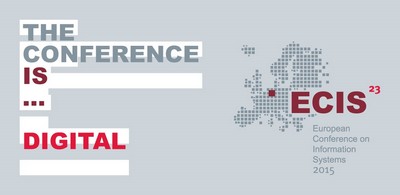DOI
10.18151/7217462
Abstract
According to some estimates, half of the knowledge in software programming goes out of date every three years. This ephemeral nature of programming-related knowledge demands knowledge management practices that the two traditional strategies - knowledge codification and knowledge personalisation - are not able to satisfactorily solve. In this paper, we analyse what ephemeral knowledge is and what requirements it has for knowledge management in the context of software programming. We present a case study on a software company whose developers’ work is affected by the ephemerality of knowledge, and describe the practices that address the requirements created by ephemeral knowledge. In particular, we found that although individual developers’ knowledge management practices were highly heterogeneous, they were a basis for a very efficient information monitoring, filtering and discussion system on a collective level. The primary technologies in this system - microblogging and shared instant messaging chat - were used in a manner that could be categorized neither as part of codification nor personalization strategy. Instead, they suggest a third knowledge management strategy that we label as “mediated sharing”. We describe its operation with five characteristics. This provides a starting point for further research on how ephemeral knowledge could be managed.
Recommended Citation
Salovaara, Antti and Tuunainen, Virpi, "Mediated Sharing as Software Developers' Strategy to Manage Ephemeral Knowledge" (2015). ECIS 2015 Completed Research Papers. Paper 158.
ISBN 978-3-00-050284-2
https://aisel.aisnet.org/ecis2015_cr/158


